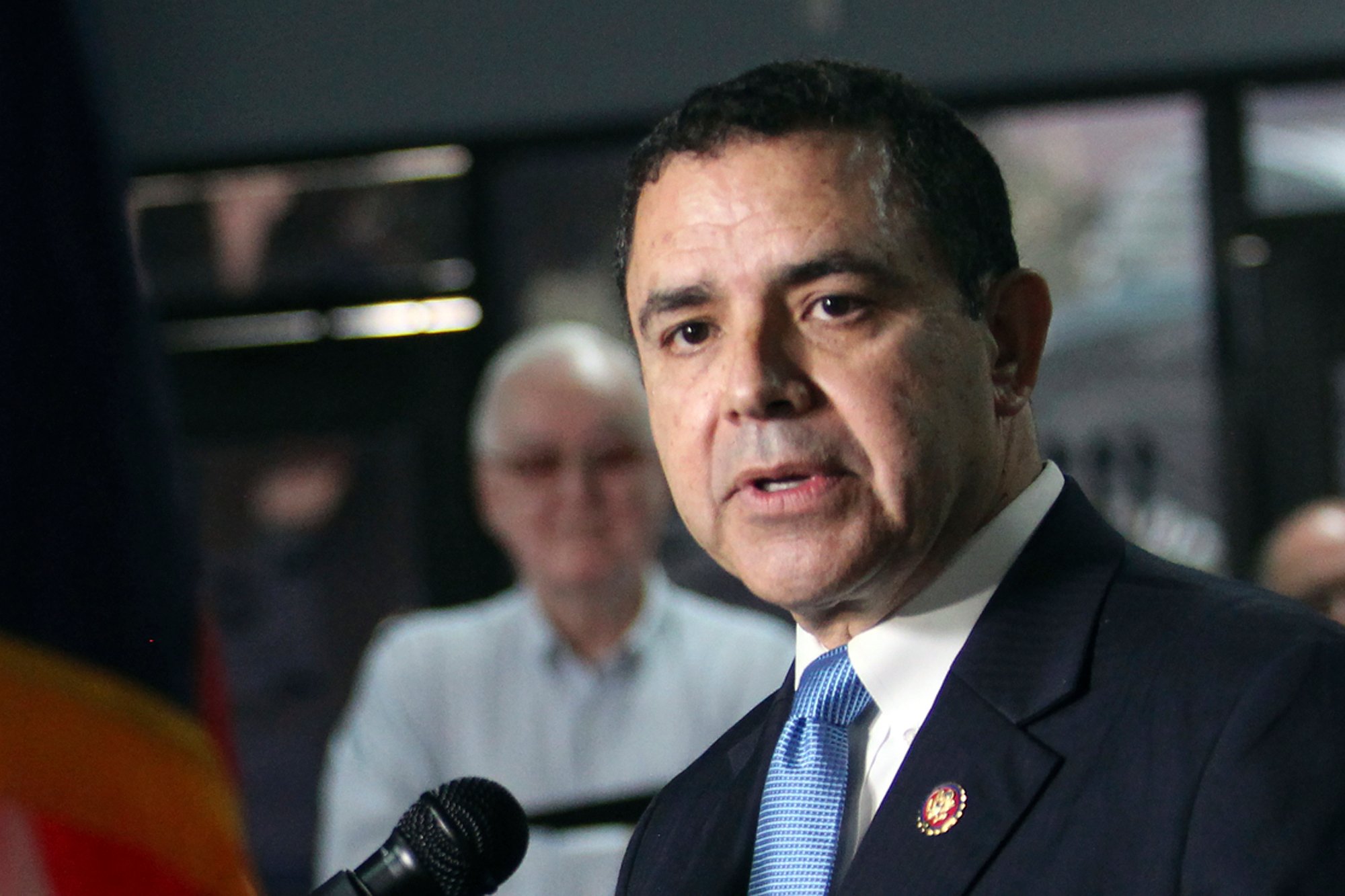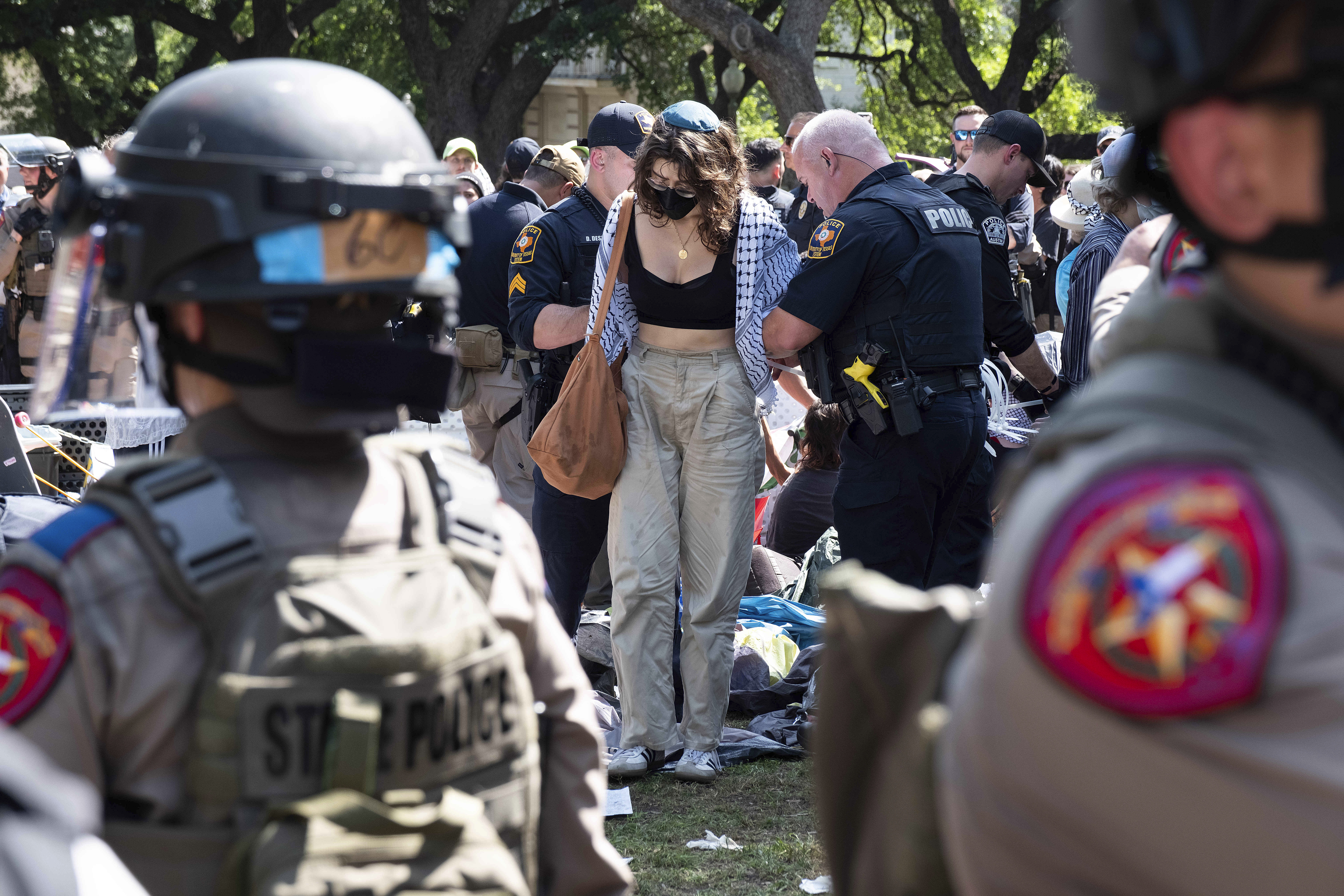ustxtxb_obs_1978_05_26_50_00021-00000_000.pdf
Page 19
*FUTUNA PRINS mum rtAi 7. .1%.” 7i .”\(r f -4-i r mt:tr iv7t .f ..1117-74:270N \\ trAioz. ee’t Zej c s 0;: TASSAPri I?*:tk ‘-‘a ‘”r111_itr/P:t,:efr ll’ 9N,t ft:;; o i t s “14-‘1’14”:41′ a l :401 rie414 BARTON SPRINGS AT SOUTH 1ST AUSTIN, TEXAS 512/476-4838 Printers Stationers Mailers Typesetters High Speed Web Offset Publication Press Counseling Designing Copy Writing Editing Trade Computer Sales and Services Complete Computer Data Processing Services FILIPTILIR1111 512/442-7836 1714 South Congress P.O. Box 3485 Austin, Texas 78764 NOW THE TEXAS OBSERVER Obviously, migrant life, poverty, unemployment, racism, poor health, and cultural genocide do not make for a joyful, wholesome life experience. While Dr. Coles writes beautifully and with much empathy for America’s “children of crisis,” I feel that in this book he is wrong in ascribing to his subjects an ambiance of hopelessness. The poor of the world may be hopeless in the eyes of the elite, but they are not helpless. Resistance to the ways of the white man has always marked Eskimo, Indian and chicano life. Today’s militancy is but the legacy of generations of resisters. A hopeless people does not rebel as in Houston’s Moody Park, el 5 de mayo, 1978. A hopeless people does not champion the resistance at Wounded Knee. A hopeless people does not shout, march, picket, boycott and vote for la causa. The American Indian Movement, La Raza Unida, La Huelga, Chavez, Russell Means, Reies Tijerina, Pearsall, Parlier, East Los Angeles, and San Ferthat symbolize the struggle of the people Dr. Coles writes about. The children in this book, one is led to believe, vented their frustrations to Dr. Coles, who in turn has gone on to share them with us in words and drawings. When the children speak, say Carmen or Joe or Francesca, their words paint more complete pictures than their drawings, but this judgment reflects my backgroundmy training has been with the printed word, not the Rorschach method of psychological interpretation. I can identify with the spoken uncertainty of the next day, with the endless rows of crops to tend, with the fear of the “Mister” and with the sore, aching muscles. Here lies Dr. Coles contribution. Once again, he reminds us of the pain, oppression and stark reality with which many people live. He reminds us that things haven’t improved for the poor. If anything, their situation has worsened. The social, political and economic distance between Eskimos, Indians and chicanos on the one hand and white America on the other has gotten greater. One hopes that readers will not be insensitive to the message of the children of crisis because their moans sound so familiar by now. El Jose Angel Gutierrez, a founder of La Raza Unida Party, is county judge \(chief In a subsequent issue, Rice University sociologist Chandler Davidson will review the fifth volume in Robert Coles’ “Children of Crisis” series, Privileged Ones: The WellOff and the Rich in America.


